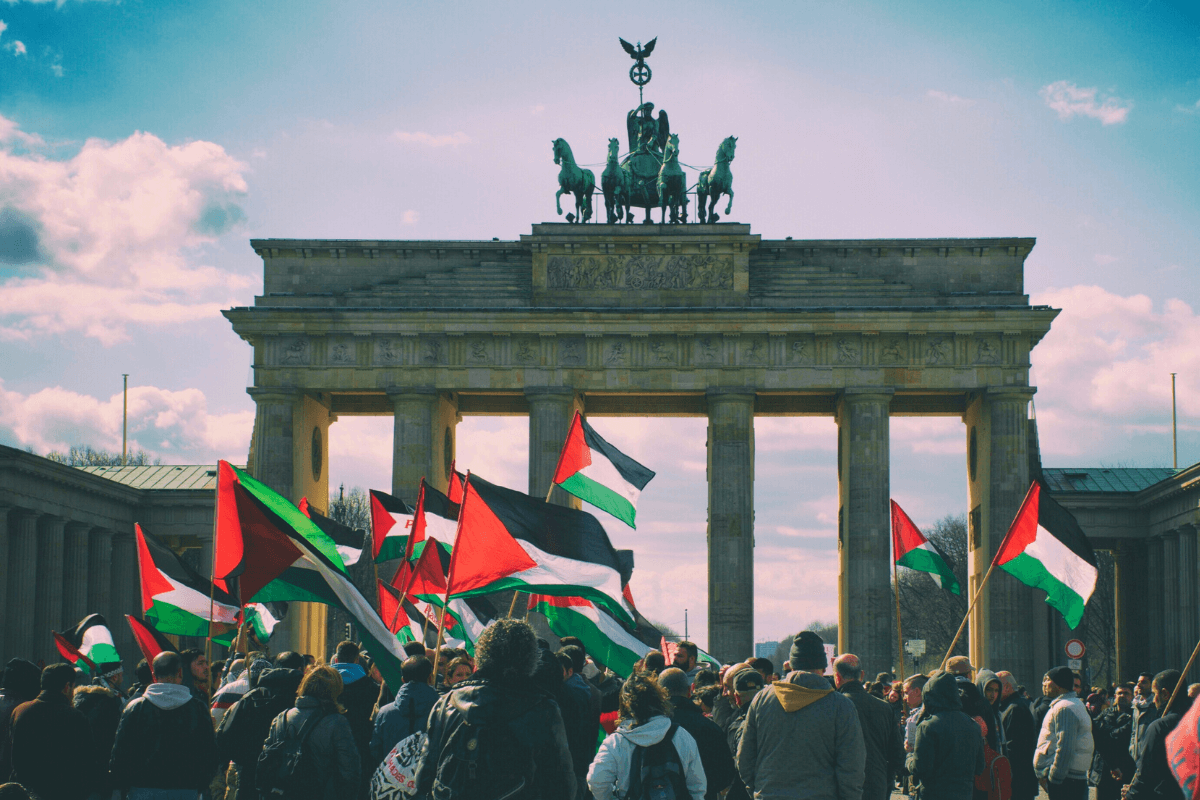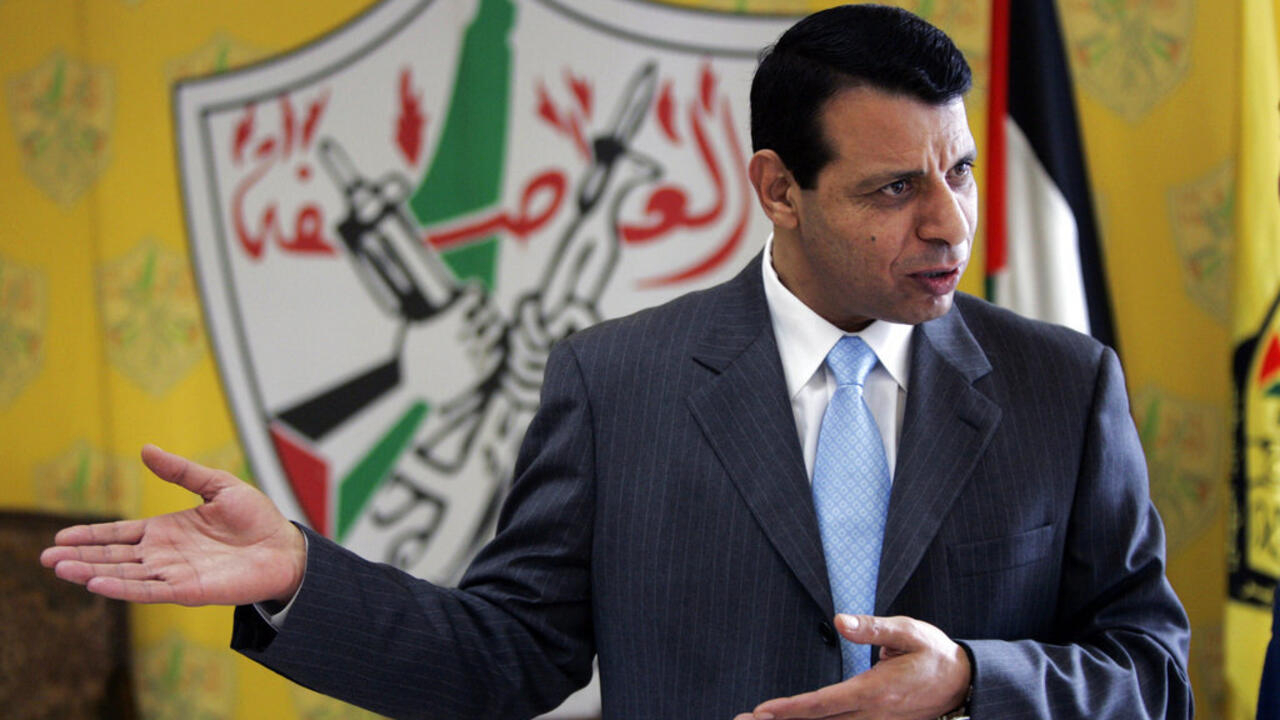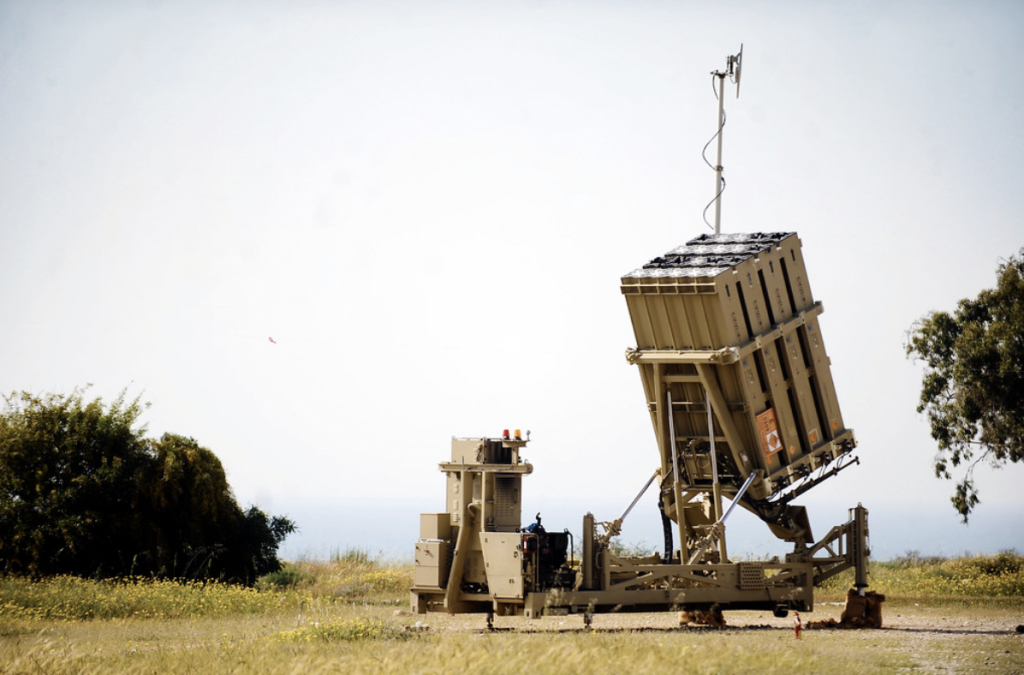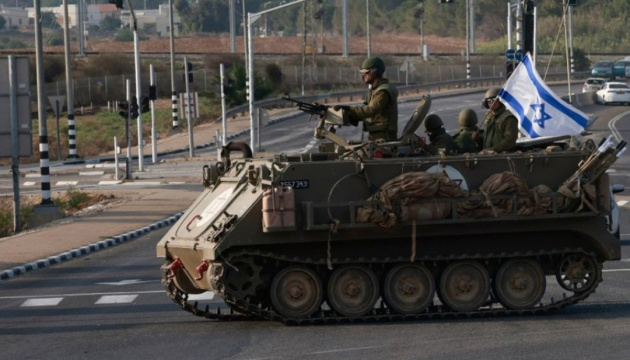








Mohammed Dahlan, the former leader of Fatah in Gaza, has been living in exile in the UAE for the past 10 years [49519793]. He has become a successful businessman and adviser to the UAE ruler. Dahlan has support from Israel and the US and is compatible with Israel's two-state solution. He has contacts on all sides of the conflict and a complex relationship with both Hamas and Fatah. Dahlan has a business portfolio that allows him to distribute aid within Gaza. He remains a powerful figure in Gaza and the UAE will have a significant role in rebuilding Gaza after the war. Dahlan suggests a two-year transitional period with technocratic administration in Gaza and the West Bank, followed by parliamentary elections open to all parties. He believes that a newly elected government could be supported by Arab states and the international community, including Israel. Dahlan remains optimistic about finding a solution to the Palestinian cause [49519793].
The recent conflict between Israel and Hamas has sparked discussions about the lessons that can be learned from this situation [62a40d84]. The article emphasizes the importance of not underestimating the enemy and the need for unity and vigilance in the face of external threats [62a40d84]. It also highlights the failure of sanctions to effectively deter violators of international law, such as Russia and Iran [62a40d84]. The role of Hamas as a proxy for Iran, with support from Russia and China, is discussed, emphasizing the need for a change in the approach of Western politicians towards conflicts [62a40d84]. The article calls for total economic isolation of offending countries [62a40d84]. The intelligence failures in Israel and the United States are analyzed, with the Israeli government and Prime Minister Netanyahu being held responsible for the lack of preparedness [62a40d84]. The article stresses the importance of being prepared for future attacks and advocates for increased efforts to join NATO [62a40d84]. The effectiveness of Israel's Iron Dome and the Palestinians' ability to manufacture and launch rockets are also discussed [62a40d84]. The article concludes by highlighting the need for Ukraine to be prepared for future attacks from Russia [62a40d84].
The challenges of using military means to defeat Hamas are discussed, including the difficulty of distinguishing between combatants and civilians and the ever-changing locations used by terrorists [61e24427]. The article argues that a state waging war against a terrorist organization cannot win using military means alone [61e24427]. The article also mentions the election of Hamas and the need for a new leader in Israel to bring about a different dialogue [61e24427]. Technology – supposed to be Israel’s saviour – proved to be its Achilles heel as Hamas launched an all-out offensive from Gaza into Israel and succeeded. The article argues that tech should never be a proxy for a political solution and that no technology is foolproof [b32a87d8]. The October 7 attacks by Hamas on Israel were a carefully coordinated effort that caught Israel off guard. Analysts speculate that Hamas may have used Huawei phones to evade communications being tapped into. Israel's intelligence agencies, known for their invincibility, are now being questioned for their delayed response and intelligence failures. China, which has a diplomatic relationship with Palestine, is believed to have provided technological support to Hamas. The use of Chinese technology may have been due to reasons other than support for the Palestinian cause. Hamas employed unconventional tactics to overcome Israel's high-tech security systems, including a cyber cleanup campaign and denial and deception schemes. The attacks revealed the need for better synergies between artificial intelligence and human guidance in intelligence gathering. Hamas demonstrated its ability to avoid detection by space-based sensors. The article raises questions about the loopholes in existing technical systems in the region [18f382d0].
Israel faces five primary challenges one month into the war with Hamas: international support waning, pressure from Muslim American voters, increased online calls for violence against Israel, emotional trauma and PTSD among Israelis, and an impending economic recession. The international community, including leaders who initially expressed support for Israel, has grown quieter as Israel continues to strike Hamas. Pressure from Muslim American voters, who are dissatisfied with President Biden's pro-Israel stance, has influenced a shift in approach. Online calls for violence against Israel, Zionists, and Jews have increased significantly. The conflict has also caused emotional trauma and PTSD among Israelis, particularly children, and is expected to have long-lasting effects. Economists predict that the Israeli economy will slide into a recession as the conflict continues and reservists are diverted from their regular jobs. A group of senior economists has called for the suspension of nonessential expenses and a reassessment of spending priorities. However, the practicality of "destroying Hamas" and the potential consequences remain unclear, as Hamas is deeply intertwined with Gaza's social and civilian life. Additionally, Hamas holds hostages in Gaza, and an escalating ground invasion could jeopardize their lives. The possibility of another terror organization emerging after Hamas's dismantlement, such as Palestinian Islamic Jihad, is also a concern [c4a048e9].
The article discusses the challenges and potential scenarios for post-war governance in Gaza after the defeat of Hamas [aeb8613c]. It highlights the need for a capable governance structure that can ensure peace, facilitate reconstruction, and manage civil affairs [aeb8613c]. The article also mentions the risks of a power vacuum and the potential for a more violent and extreme group to emerge [aeb8613c]. It emphasizes the importance of international support for reconstruction efforts and the need for an inclusive political process to bridge divisions and provide a unifying framework for all Palestinians [aeb8613c]. The Palestinian Authority is mentioned as a potential administrator, but it faces credibility issues and fragmentation concerns [aeb8613c]. The article suggests the possibility of an international peacekeeping force and the backing of the Palestinian Authority by regional leadership, including Saudi Arabia [aeb8613c]. The challenges ahead for Gaza are acknowledged, but the article emphasizes the importance of moral fortitude and the opportunity for peace and reconstruction for the people of Gaza [aeb8613c].
The article 'How the De-Hamasification of Gaza Can Inspire Palestinian Peace and Prosperity' [00d90637] discusses the need for a radical cultural/political makeover in Gaza, similar to the post-WWII transformation of Germany and Japan, in order to achieve peace and prosperity for the Palestinians. It suggests that Hamas, as the current ruling party in Gaza, must be removed and its leaders held accountable for war crimes. The article proposes a three-phase process of pacification, including the demilitarization of Gaza, the disbanding of Palestinian factions, and the reconstitution of Palestinian politics. It also emphasizes the importance of re-education, economic rebuilding, and the involvement of Arab states in the transformation of Gaza. The article concludes by highlighting the need for a complete political and cultural makeover for the Palestinians to be willing to make peace with Israel.
The concept of Muqawama (resistance) in the Palestinian context, particularly in Gaza, is discussed in an article by Ramzy Baroud [5cb7c39e]. Palestinians view Muqawama as an all-encompassing form of resistance that utilizes both armed and unarmed methods depending on the circumstances. This differs from the Western notion of resistance, which often judges one form as superior or more ethical than the other. The article highlights the historical roots of Muqawama and the significance of Gaza as the heart of Palestinian resistance. It also explores the changing perception of armed resistance among Palestinians, with over 70% now believing it is the way forward. The article suggests that armed resistance will continue to grow in Gaza and the West Bank, leading to a new kind of Palestinian unity. It concludes by discussing the shift in the attitude of Palestinian resistance towards Arab liberators and the importance of the Palestinian people themselves in sustaining the resistance [5cb7c39e].
Ali Abu Awwad, a former Palestinian fighter, has become a prominent advocate for nonviolence [1fb86ab2]. He founded the organization Roots in 2014 and the Palestinian national nonviolence movement Taghyeer. Awwad was awarded the Gandhi Peace Prize in November 2023. He grew up in a politically active refugee family and was sentenced to ten years in prison for his involvement in the first Intifada. In prison, he became a student of nonviolence. After his release, the death of his brother spurred his activism. Awwad wants to make nonviolence a part of Palestinian identity and envisions integrating nonviolence laboratories into schools. He acknowledges that he is fighting a heavy and solitary battle and believes in the power of nonviolence [1fb86ab2].